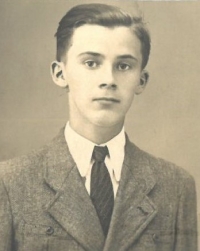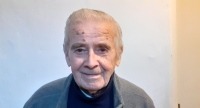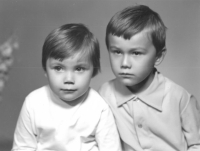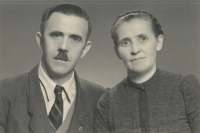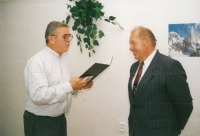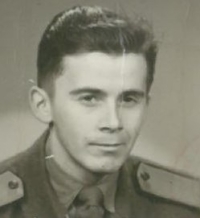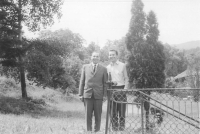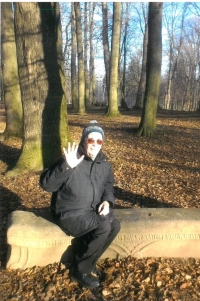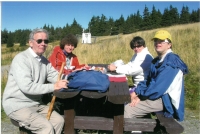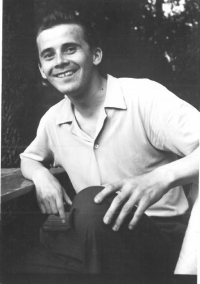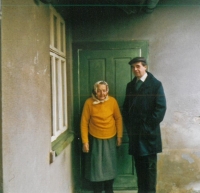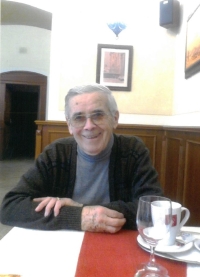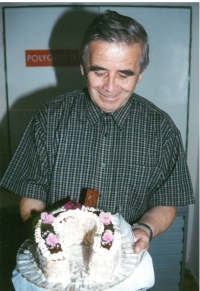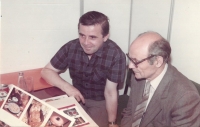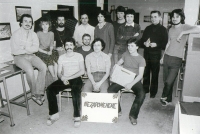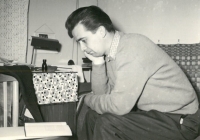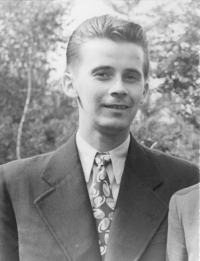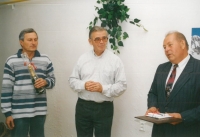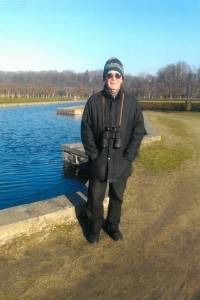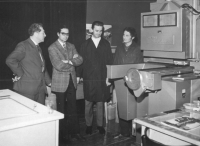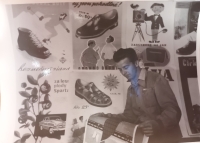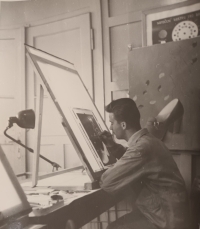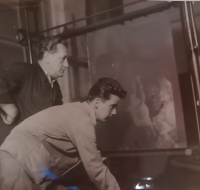Everyone rides their own horse

Download image
Miloslav Šimek was born on July 7, 1931 in Holíč, Slovakia, into a simple evangelical family. His father came from Moravia, the mother, who had a beautiful voice and sang in church, was of Slovak nationality originally from Holíč. As a fifteen-year-old, he went to Zlín to learn to be a lithographer at Baťa´s company. At the same time, he graduated from Baťa’s Institute of Studies, the first design studio in the republic. He experienced the last years of Baťa’s enterprise and its post-war reconstruction after air raids, nationalization and the transition to socialist Svit. As a very young man, he joined the Communist Party for a short time, the performance was without serious consequences for him. As a punishment, he was moved to a glass factory in western Bohemia, but after half a year, as an expert - lithographer, he was called back. In 1953, a fundamental turning point occurred in his life, he left the evangelical church and became a member of the community of Christian congregations, in which he is still involved today. In the 1960s, he started learning Hebrew, wanted to get to know the Bible in the original, an planned to go to work and live in Israel, which ultimately did not happen. He worked in the printing industry all his life until his retirement, in one company in Zlín, only the name of the employer changed over the years. Until he was 70 years old, he taught various polygraphic subjects at the secondary vocational technical school in Zlín and until he was 80 years old, he worked as a receptionist in a hotel in Zlín.
